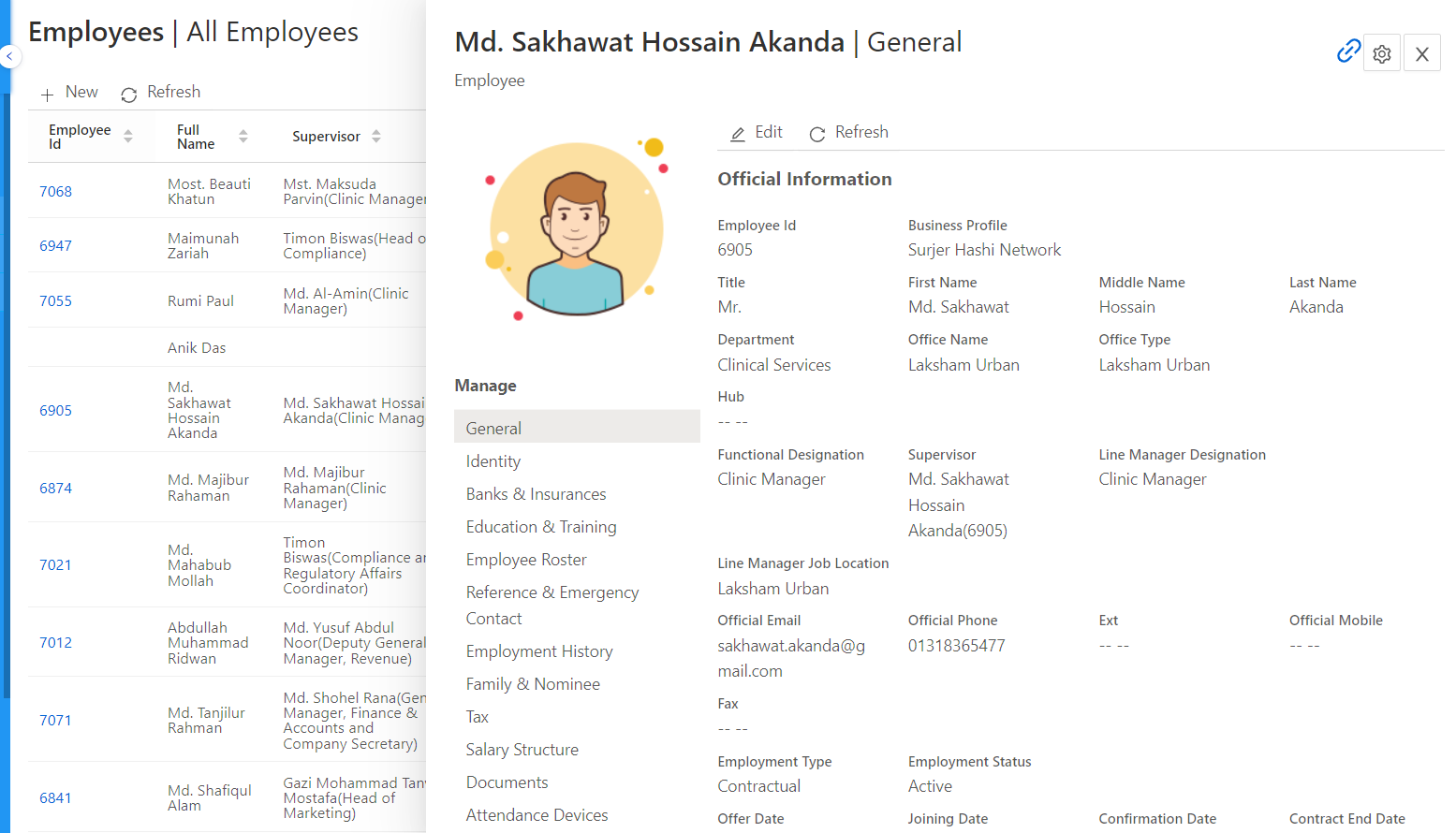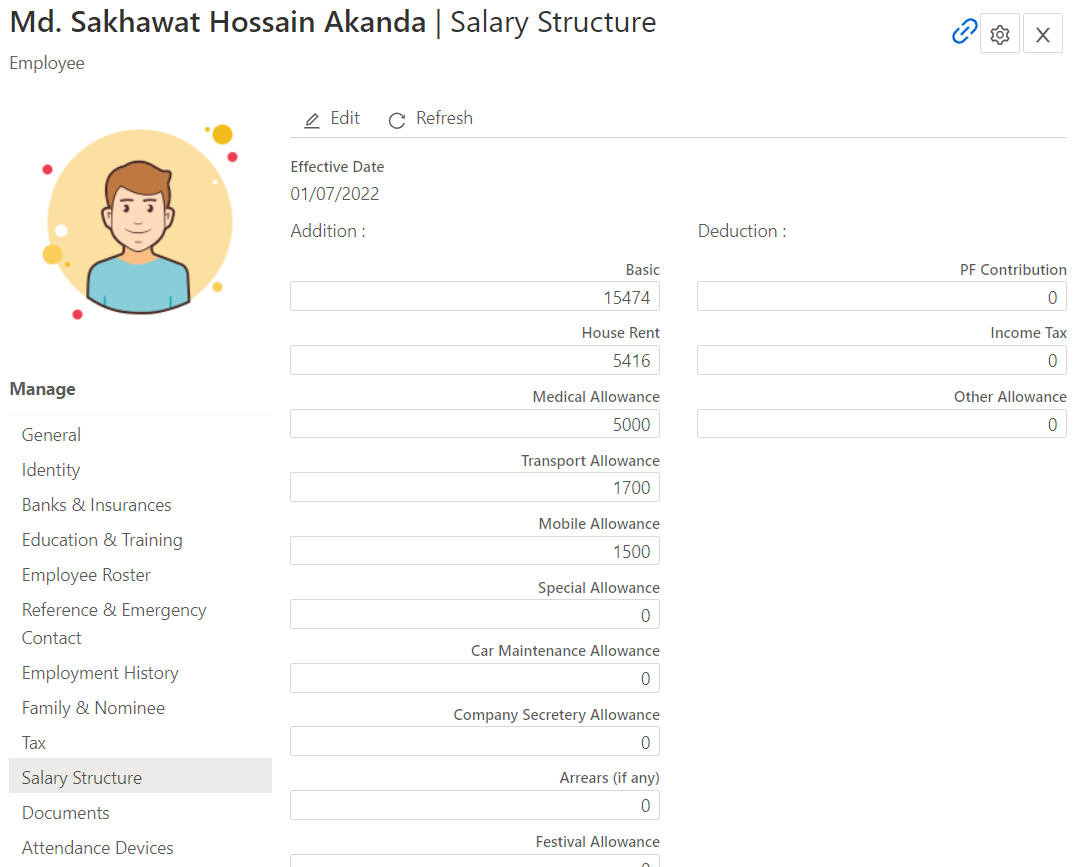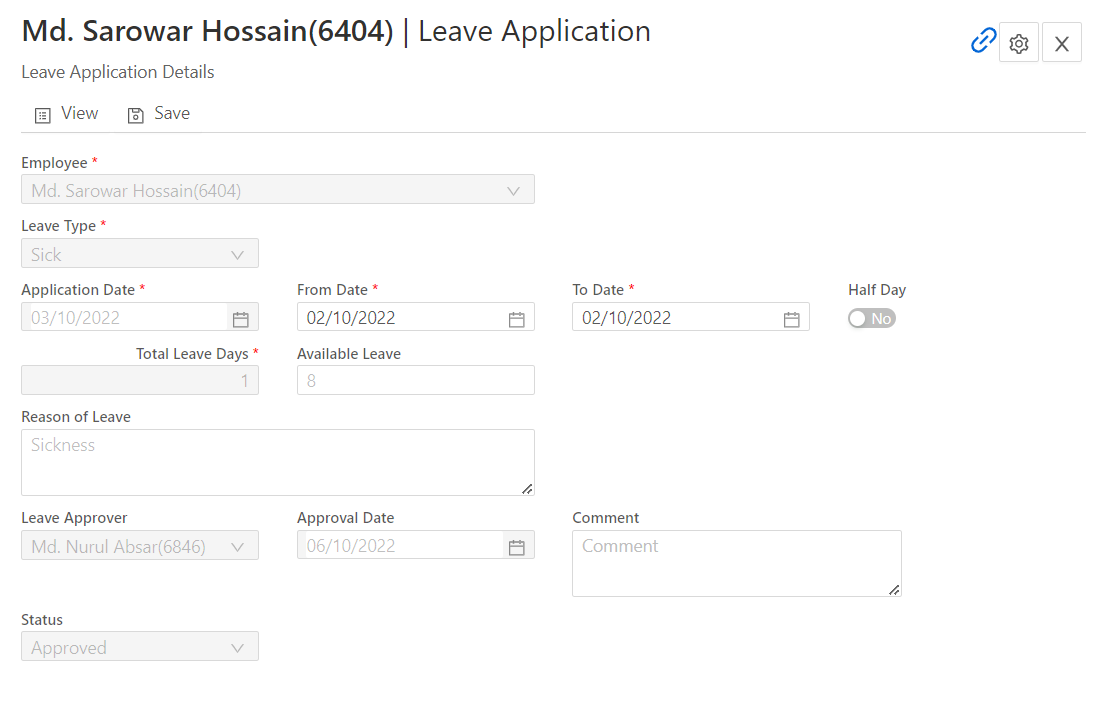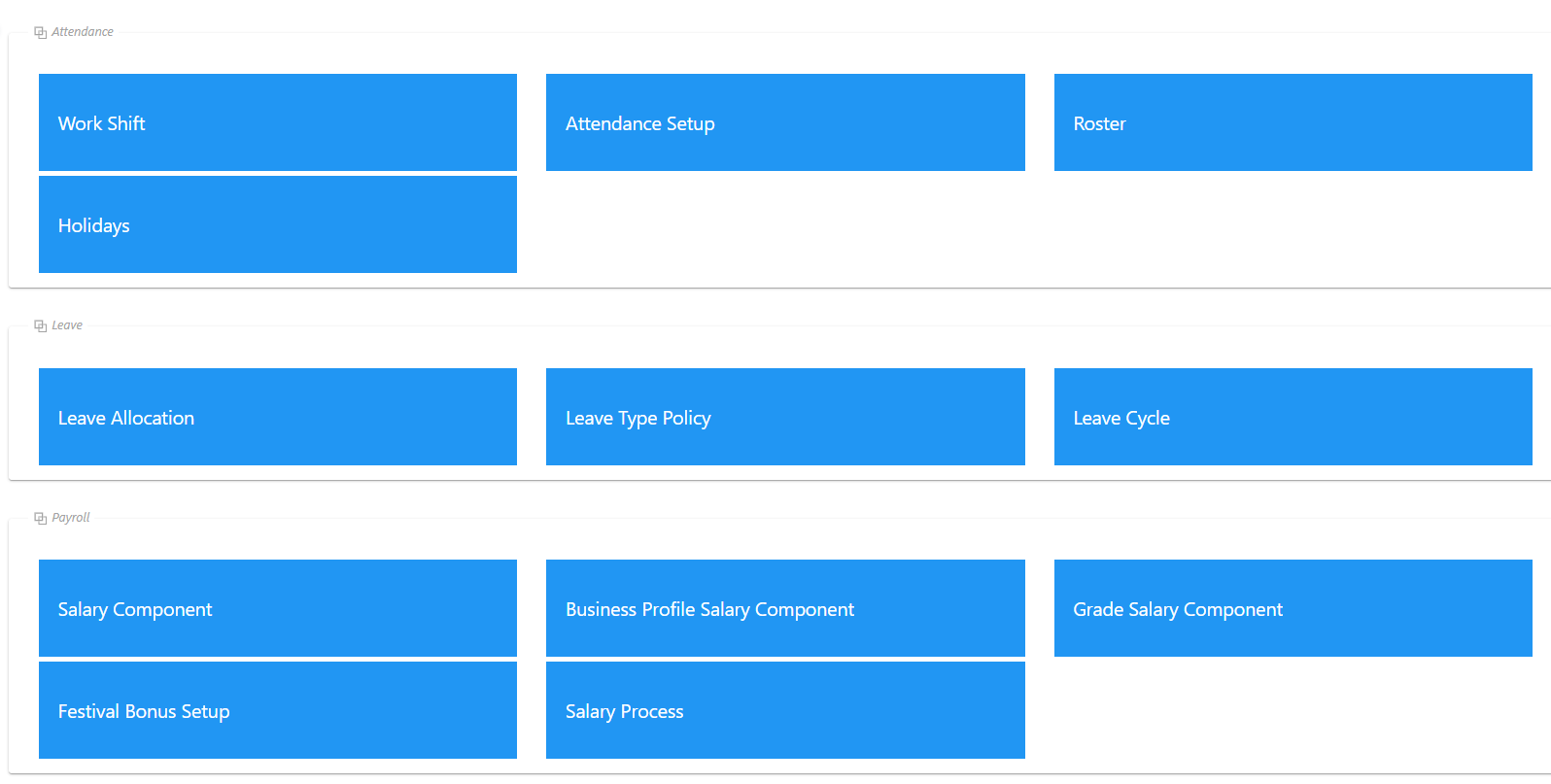Human Resource Management
By Infinium August 6, 2023
Human Resource Management (HRM) is the strategic approach to managing people in an organization in a way that maximizes their performance and contribution to achieving the company’s objectives. It encompasses a wide range of activities, including recruiting, training, developing, and retaining employees, as well as ensuring their well-being and fostering a positive work environment.
Key Objectives of Human Resource Management
The primary objectives of HRM are:
- Talent Acquisition: Attracting and recruiting the right candidates with the required skills and cultural fit for the organization.
- Employee Development: Providing ongoing training and development opportunities to help employees enhance their skills and advance their careers.
- Performance Management: Monitoring and evaluating employee performance, setting clear expectations, and offering feedback for improvement.
- Employee Retention: Creating a positive work environment, offering competitive compensation, and providing career development opportunities to retain valuable employees.
- Compliance: Ensuring that the organization complies with labor laws, regulations, and industry standards.
- Employee Well-being: Supporting employee mental and physical health, work-life balance, and overall satisfaction.

Components of Human Resource Management
Recruitment and Selection: The process of identifying staffing needs, attracting potential employees, screening, interviewing, and selecting the most suitable candidates.
Training and Development: Initiatives that focus on enhancing the skills, knowledge, and abilities of employees. It includes onboarding for new hires and ongoing development for existing staff.
Performance Management: Regular evaluation of employee performance, including setting goals, conducting appraisals, and identifying areas for improvement or promotion.
Compensation and Benefits: Designing competitive salary structures and benefits packages to motivate employees and ensure fairness.
Employee Relations: Managing the employer-employee relationship to resolve disputes, grievances, and conflicts, while promoting a healthy work culture.
Compliance and Legal Responsibilities: Ensuring adherence to employment laws, including anti-discrimination policies, workplace safety regulations, and wage laws.
Succession Planning: Identifying and developing internal employees to fill key leadership positions within the company, ensuring smooth transitions and continuity.
Principles of Human Resource Management
- Fairness and Equity: Treating all employees fairly and providing equal opportunities regardless of race, gender, or background.
- Strategic Alignment: Aligning HR policies and practices with the overall goals and objectives of the organization.
- Employee Engagement: Encouraging employee participation and involvement in decision-making processes to boost morale and productivity.
- Continuous Improvement: Promoting a culture of learning and development to improve both individual and organizational performance.

Importance of Human Resource Management
- Improved Employee Performance: HRM helps in selecting, developing, and motivating employees to perform at their best.
- Talent Retention: Effective HRM practices create a positive work environment that encourages employee loyalty and reduces turnover.
- Regulatory Compliance: Ensures the organization is following all relevant labor laws and avoiding legal issues.
- Company Culture: HRM plays a key role in shaping and maintaining a positive organizational culture that aligns with the company’s values and goals.
Users of Human Resource Management Information
- Management: Uses HR data to make strategic decisions regarding hiring, promotions, and organizational development.
- Employees: Benefit from clear communication on policies, performance expectations, and development opportunities.
- Regulatory Authorities: Ensure the company is in compliance with labor laws and regulations.
- Potential Candidates: Evaluate the company based on its HR practices and employee satisfaction.

Challenges in Human Resource Management
- Changing Workforce Dynamics: Managing a diverse, multigenerational workforce with varying expectations and needs.
- Retention of Talent: Keeping high-performing employees in a competitive job market is a constant challenge.
- Regulatory Compliance: Keeping up with changing labor laws, health, and safety regulations can be complex.
- Technological Integration: Incorporating HR technology for tasks like recruitment, training, and performance management while ensuring data security.
Conclusion
Human Resource Management is a crucial function that impacts all aspects of an organization. By focusing on employee recruitment, development, performance, and well-being, HRM helps to create a productive, motivated, and engaged workforce that drives organizational success. Effective HRM also ensures compliance with legal standards and fosters a culture of continuous improvement and strategic alignment.


Interested in what Infinium Suite can do for you?
Links
Contact Us
- +8801714-042726
- info@infiniumsuite.com
- Morning Glory, Concord Colosseum, House# 19 Road No 13C, Dhaka 1213
